Latest Releases

Loading posts...
-
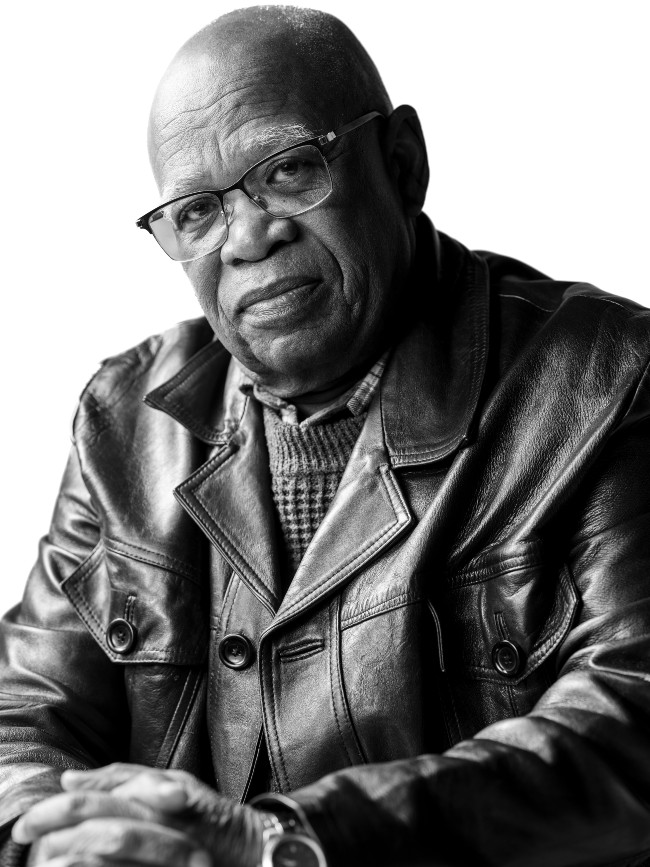
Chemistry professor rocks the classroom and laboratory at KSU
December 24, 2025
Among the many artifacts packed in boxes in Huggins Msimanga’s office, a rock offers a good explanation for his legacy at Kennesaw State University.
-
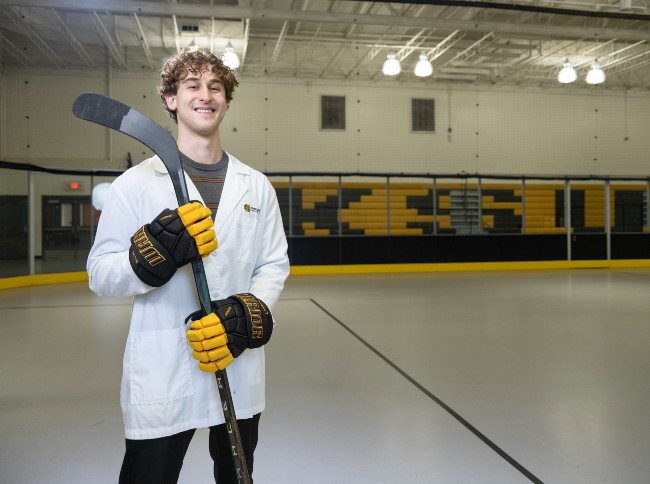
Student found community, and a future in research through hockey and science
December 19, 2025
Hockey immersed Essix Moser in Kennesaw State University’s community. Neuroscience research showed him his future.
-
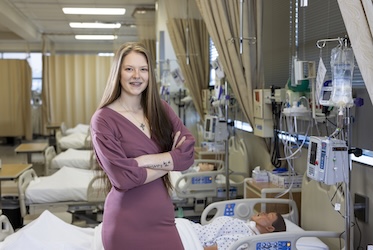
KSU graduate overcomes adversity to earn biology degree
December 15, 2025
Kaitlyn Sennett will carry several titles with her as she crosses the stage with her bachelor’s degree from Kennesaw State University later this week. Student. Researcher. Motorcyclist. Hunter. Assistant logistics manager. Daughter. Graduate. Survivor. The KSU senior came back to school after a major motorcycle accident in 2024 left her bedridden and unable to walk. A semester off, followed by intense perseverance, overwhelming curiosity, and a relentless pursuit of excellence brought her to where she is today – standing on the floor of Vystar Arena awaiting her bachelor’s degree in biology.
-
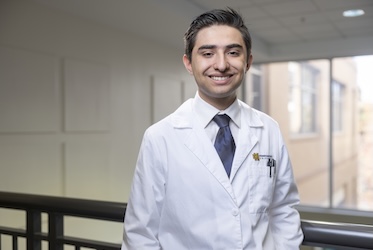
Rising above challenges marks inspiring career of President's Award of Distinction recipient
December 03, 2025
Kennesaw State University senior biology major Ari Schwartz has been recognized with the President’s Award of Distinction and has the resume one would associate with such an honor. The award is given at fall and spring commencements to a graduate “who serves as an inspiration to their peers, their community, and the entirety of Owl Nation.” Schwartz is graduating Dec. 19 with a stack of honors for his published research, and a strong record of campus involvement.
-
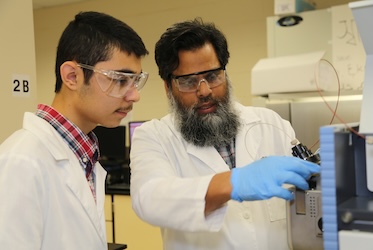
Assistant professor receives NIH grant to improve preservation and storage of peptide and protein-based drugs
November 21, 2025
Sugar-based liquid solvents store crucial injection-based therapeutics such as insulin and vaccines. However, the shelf-lives of these therapeutics are altered because the properties of these solvents alter the critical proteins necessary for under-the-skin treatments over time. Kennesaw State University Assistant Professor of Chemistry and Biochemistry Mohammad Halim has received a three-year National Institutes of Health (NIH) grant to study protein- and enzyme-based solvents, aiming to improve storage of injection-based therapeutics.
-
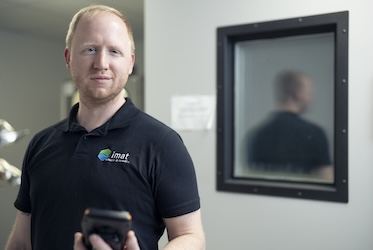
Chemistry alumni use research as springboard to industry careers
November 20, 2025
In the complex world of chemistry, one can take a direct path from education to industry, as recent Kennesaw State University graduates Mary Smith ’25 and Anthony London ’25 can attest. The two graduated from KSU’s College of Science and Mathematics in May with bachelor’s degrees in chemistry and stepped right into industry jobs in Marietta – Smith as a laboratory chemist with Underwriters Laboratory Solutions (UL Solutions), and London as an analytical chemist with German company imat-uve.
-
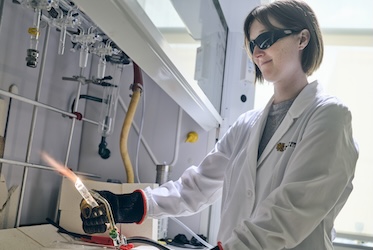
Kennesaw State assistant professor, lab open doors to hands-on innovation in chemistry
October 31, 2025
Kennesaw State University assistant professor Madalynn Marshall considers herself lucky to have found a drive and curiosity for solid-state chemistry early in her college career. All it took was a renowned and enthusiastic professor and continued mentorship from the scientists she met along the way.
-
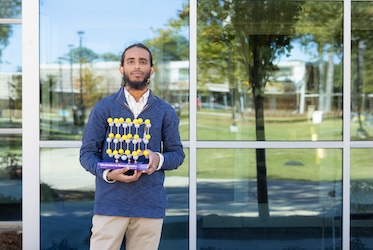
Research conducted by Kennesaw State student could lead to faster, more efficient electronics
October 30, 2025
Like many young boys, Kennesaw State University student Sulaiman Shaikh once dreamed of becoming an astronaut. As a child, he was always fascinated with discovery and had a passion for exploring the unknown. Now a double major in physics and computer science with a minor in mathematics at the College of Science and Mathematics and the College of Computing and Software Engineering, Shaikh is fueling that passion by exploring the quantum world of theoretical condensed matter physics, with the goal of making better-performing electronics.
-
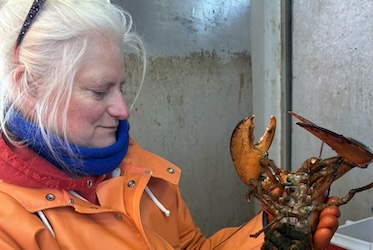
Well-traveled lobster the latest point of intrigue in Kennesaw State dean's research
October 20, 2025
Serendipity led Heather Koopman to study crustaceans. Patience led her to an impressive discovery. In August, the dean of Kennesaw State University’s College of Science and Mathematics’ research into the migratory and reproductive habits of lobsters in the Bay of Fundy yielded something remarkable – a lobster she tagged near the island of Grand Manan, New Brunswick, found her way to Cape Cod, Massachusetts, around 220 miles away.
-
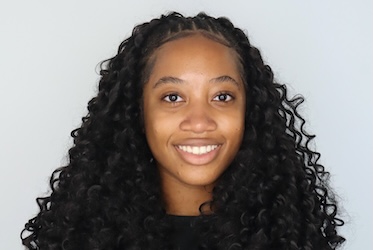
Kennesaw State Honors student builds pathways to learning for children in Cameroon
October 10, 2025
As a young girl growing up in Cameroon, Kennesaw State University senior Jessica Tazanou saw firsthand how poverty kept many children from accessing basic needs such as food, health care, and education. A biology major who also studies in the Keeping Sights Upward Journey Honors College, Tazanou is the founder of Africa With No Limits, a summer program she launched in Cameroon to provide free learning opportunities for children who cannot afford to attend school.







